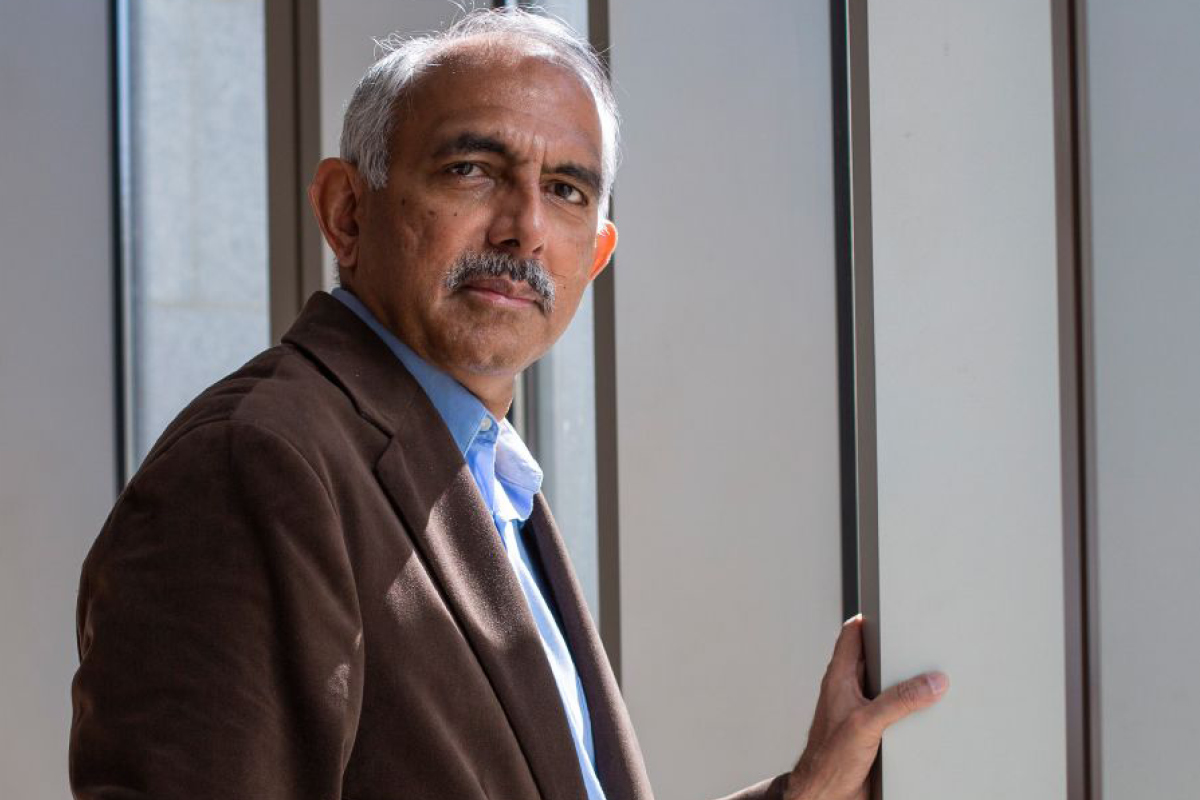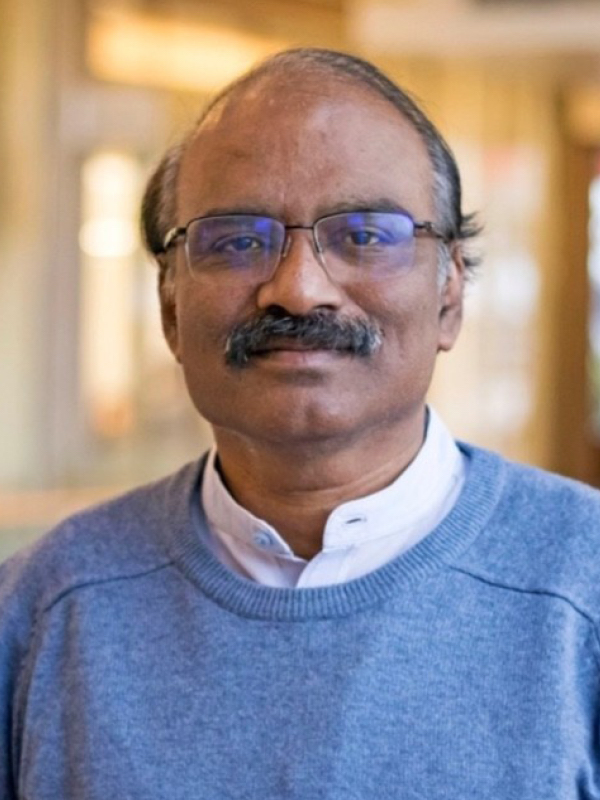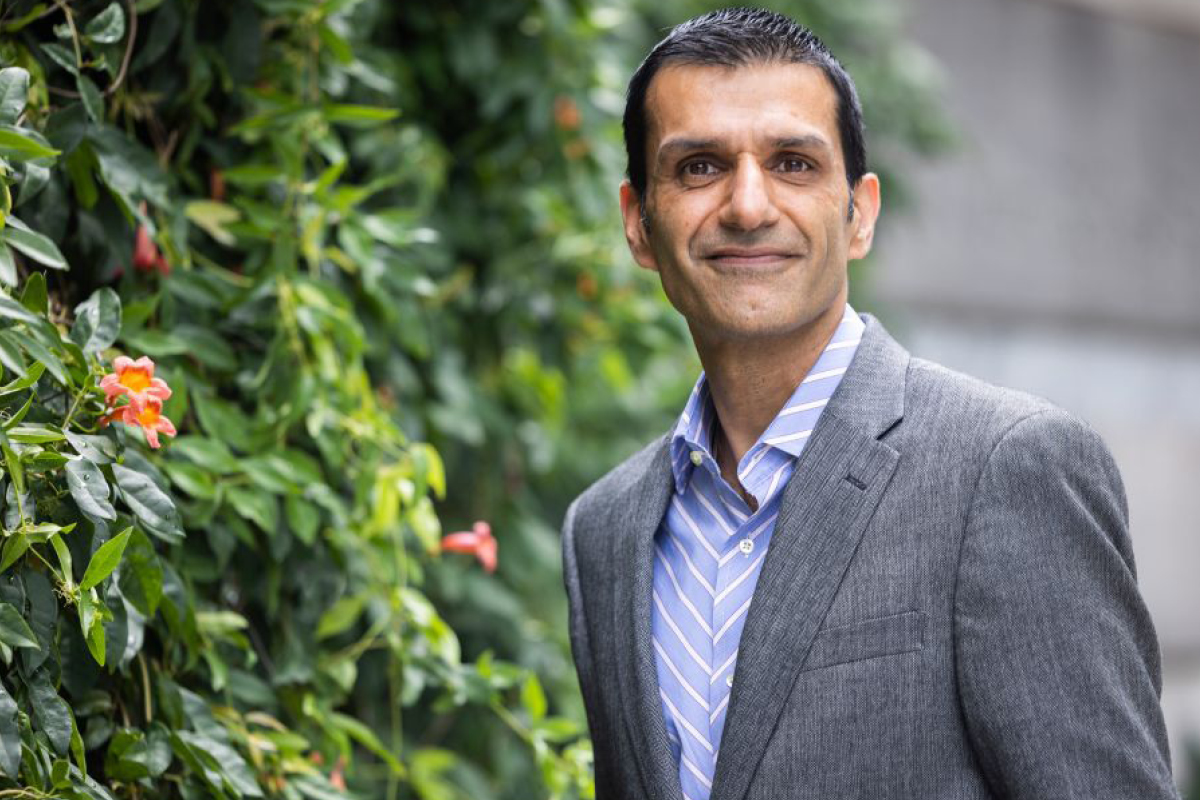Shaping the Future of Diabetes

Globally, there are half a billion people with diabetes. In Georgia, approximately 1 million people have a diagnosis of diabetes and over 2 million Georgians have prediabetes, which is preventable from becoming full-blown diabetes—and a major concern worth addressing.
Recently, students, faculty, staff, and partners from around the globe gathered in the R. Randall Rollins Building’s Margaret H. Rollins Room to show their support in fighting the global (and local) epidemic during Emory Global Diabetes Research Center’s (EGDRC) 2023-2028 strategic plan launch.

Venkat Narayan
AI has become widespread across the arts and sciences, including public health. EGDRC aims to become a leader in AI and diabetes while ensuring that AI promotes equity, one of the center's guiding principles.

Dorairaj Prabhakaran
Collaboration is a significant aspect of the center's foundation, allowing it to reach populations across the globe. In India, one of the world’s fastest-growing tech hubs, EGDRC has 24 partners, many of which are long-term collaborators, like the Madras Diabetes Research Foundation. Other important, longer-term collaborations include the All India Institute of Medical Sciences and the Centre for Chronic Disease Control (CCDC) in New Delhi.
At the launch of the strategic plan, Dorairaj Prabhakaran, MD, DM, director of CCDC, spoke about his partnership with EGDRC, describing it as one of the most fulfilling collaborations he has been involved in over the past 15 years.

Mohammed Ali
“Strategic plans evolve with time and experience," says Ali. "As this happens and EGDRC’s achievements grow, we plan on building the community of talented individuals engaged in diabetes and cardiometabolic health. Our goal is to challenge and improve the current paradigm of cardiometabolic health and well-being, and gain recognition both nationally and globally for our impact and legacy."



